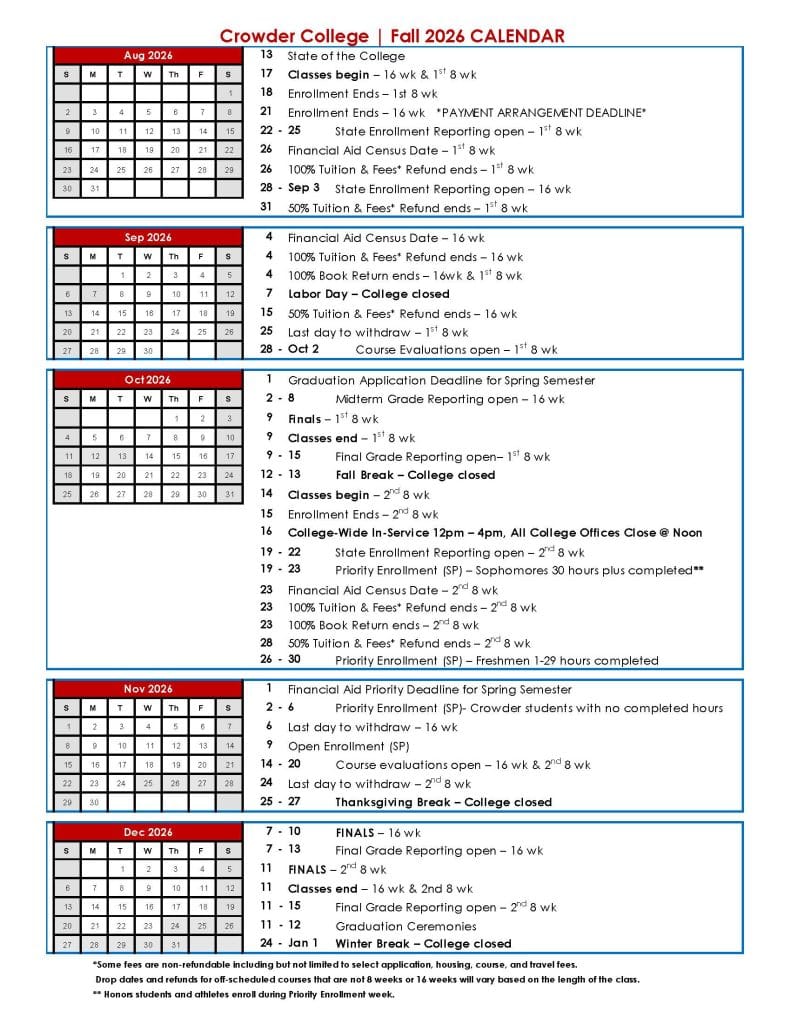Welcome to the guide on the SIFMA Holiday Schedule for 2026, where we delve into the anticipated festive financial markets ahead! As we gear up for the upcoming year, it’s crucial for investors and financial professionals to be aware of the SIFMA holiday schedule to plan their trading strategies effectively. The SIFMA holiday schedule for 2026 outlines key dates when U.S. markets will be closed for holidays, impacting trading activities and market liquidity. Understanding these dates is vital for managing investment portfolios and ensuring seamless financial transactions throughout the year. Let’s explore how this holiday schedule can shape the financial landscape in 2026 and help you stay ahead in the ever-changing markets!
Introduction to SIFMA Holiday Schedule 2026
As we gear up for the year 2026, understanding the SIFMA Holiday Schedule is crucial for anyone involved in the financial markets. The SIFMA Holiday Schedule 2026 outlines the days when the U.S. bond market, including government and corporate bonds, will be closed. It serves as a guide for investors, traders, and financial institutions to plan their activities and manage their portfolios effectively throughout the year.
Significance of SIFMA Holiday Schedule
The SIFMA Holiday Schedule 2026 plays a pivotal role in the financial markets as it helps in setting expectations for market closures, which can impact trading volumes and liquidity. Understanding the schedule allows market participants to schedule transactions, adjust trading strategies, and prepare for potential market disruptions.
Key Dates in the SIFMA Holiday Schedule 2026
Highlighted below are some of the key dates in the SIFMA Holiday Schedule 2026:
- New Year’s Day – January 1, 2026: Market Closed
- Independence Day – July 4, 2026: Market Closed
- Thanksgiving Day – November 26, 2026: Market Closed
- Christmas Day – December 25, 2026: Market Closed
Understanding the Importance of Financial Market Holidays
Financial market holidays play a crucial role in the trading world as they dictate when markets are open or closed. The SIFMA holiday schedule 2026 provides traders and investors with essential information about market closures throughout the year, allowing them to plan their activities accordingly.
Importance of Knowing Market Holidays
Being aware of financial market holidays is vital for traders as it impacts trading volumes, liquidity, and volatility. Understanding when markets are closed helps in avoiding unexpected market movements.
Planning your trading strategies around holidays can minimize risks and optimize your investment decisions.
Maximizing Opportunities During Holidays
During market holidays, traders can use this time to conduct in-depth market analysis, research new investment opportunities, and adjust their portfolios.
- Stay updated with global economic events and news.
- Review your investment goals and strategies.
- Take advantage of educational resources to enhance your trading knowledge.
Key Dates in the SIFMA Holiday Schedule 2026
As we dive into the SIFMA holiday schedule for 2026, it’s essential to mark your calendars with key dates that will impact the financial markets. These dates are crucial for traders, investors, and financial institutions to plan their activities accordingly.
New Year’s Day – January 1, 2026
Stock markets will be closed in observance of New Year’s Day, providing a quiet start to the trading year. It’s a time for reflection and setting new financial goals for the year ahead.
Good Friday – April 10, 2026
Good Friday is a significant holiday for many traders when the markets are closed. It’s a time to unwind and recharge before the busy trading season picks up momentum.
Memorial Day – May 25, 2026
Memorial Day honors the fallen heroes and marks the unofficial start of summer. Markets will be closed, and it’s a time to spend with family and friends.
Impact of Holidays on Financial Markets
Holidays play a significant role in the financial markets, affecting trading volumes, volatility, and liquidity. During the SIFMA holiday schedule 2026, investors should be aware of how these holidays can impact their financial decisions.
Reduced Trading Activity
On holidays such as Thanksgiving or Christmas, trading volume tends to be lower as many market participants are away from their desks, leading to reduced liquidity. This can result in wider spreads and increased volatility, making it crucial for investors to plan their trades accordingly.
Global Market Influence
Holidays in one country can also have a ripple effect on global markets. For example, Chinese New Year or Diwali can impact trading in Asian markets, which, in turn, can affect European and American markets when they reopen.
Preparation Strategies for Traders and Investors
As we gear up for the SIFMA Holiday Schedule 2026, traders and investors need to formulate effective preparation strategies to navigate the financial markets during festive periods. Here are some key tips to help you stay ahead:
Stay Informed on Market Holidays
It is essential to be aware of the SIFMA Holiday Schedule 2026 to plan your trading and investment activities effectively. Mark the holiday dates on your calendar to avoid unnecessary market risks.
Diversify Your Portfolio
Ensure your investment portfolio is diversified across different asset classes to mitigate risks during holiday market fluctuations. Diversification is key to safeguarding your investments.
Set Clear Financial Goals
Define your financial objectives and set clear goals for the upcoming year. Establishing a roadmap will help you stay focused and disciplined in your trading and investment decisions.
Significance of Planning Ahead in 2026
As we step into 2026, strategic planning takes on even greater significance in navigating the complex and fast-paced financial landscape. Considering the SIFMA Holiday Schedule 2026 with key market closures is essential for investors and financial professionals alike.
Anticipating Market Movements
Preparing ahead allows investors to anticipate potential market movements and make informed decisions regarding their portfolios. By aligning with the SIFMA Holiday Schedule 2026, traders can avoid unexpected disruptions and capitalize on favorable trading conditions.
Keeping an eye on market trends and incorporating holiday schedules into your financial planning can give you a competitive edge.
Maximizing Investment Opportunities
Proactive planning enables investors to maximize investment opportunities throughout the year. By leveraging the insights provided by the SIFMA Holiday Schedule 2026, individuals can strategically position themselves to capitalize on market fluctuations and seasonal trends.
- Identifying potential market gaps
- Adjusting asset allocations
- Exploring alternative investment avenues
Frequently Asked Questions
- What is the SIFMA holiday schedule for 2026?
- The SIFMA holiday schedule for 2026 includes closures on certain holidays, which may impact the trading schedule and availability of financial markets.
- Why is it important to be aware of the SIFMA holiday schedule?
- Being aware of the SIFMA holiday schedule is crucial for investors, traders, and financial professionals as it helps in planning trading activities, understanding market liquidity, and being prepared for potential market closures.
- Will the financial markets operate differently during the holidays listed in the SIFMA schedule?
- Yes, the financial markets may have altered operating hours, reduced liquidity, or even be closed on certain holidays as per the SIFMA schedule. It’s essential to stay informed about these changes to make informed decisions.
- How can one stay updated with the SIFMA holiday schedule changes?
- One can stay updated with the SIFMA holiday schedule changes by regularly checking announcements from SIFMA, financial news sources, and official market communications. It’s also advisable to have a calendar with all the holiday dates marked.
- Are there any investment strategies that are recommended during holiday periods?
- During holiday periods listed in the SIFMA schedule, it’s important to consider factors like reduced trading volume and possible market volatility. It’s recommended to have a diversified portfolio, be cautious with illiquid positions, and have a risk management strategy in place.
Wrapping Up the SIFMA Holiday Schedule 2026 Blog
As we come to the end of this blog journey discussing the SIFMA holiday schedule for 2026, it’s evident that preparation and awareness are key to navigating the financial markets effectively throughout the festive season. By understanding the important dates and market closures provided by SIFMA, investors and traders can plan ahead to ensure a smooth trading experience.
Remember to mark your calendars with the SIFMA holiday schedule dates to stay informed and avoid any potential disruptions. With proper planning and a solid grasp of market timings, you can make the most out of your trading strategies in the coming year.
Here’s to a year of successful investments and profitable opportunities in 2026! Stay informed, stay prepared, and may the festive financial markets bring you prosperity and joy!



